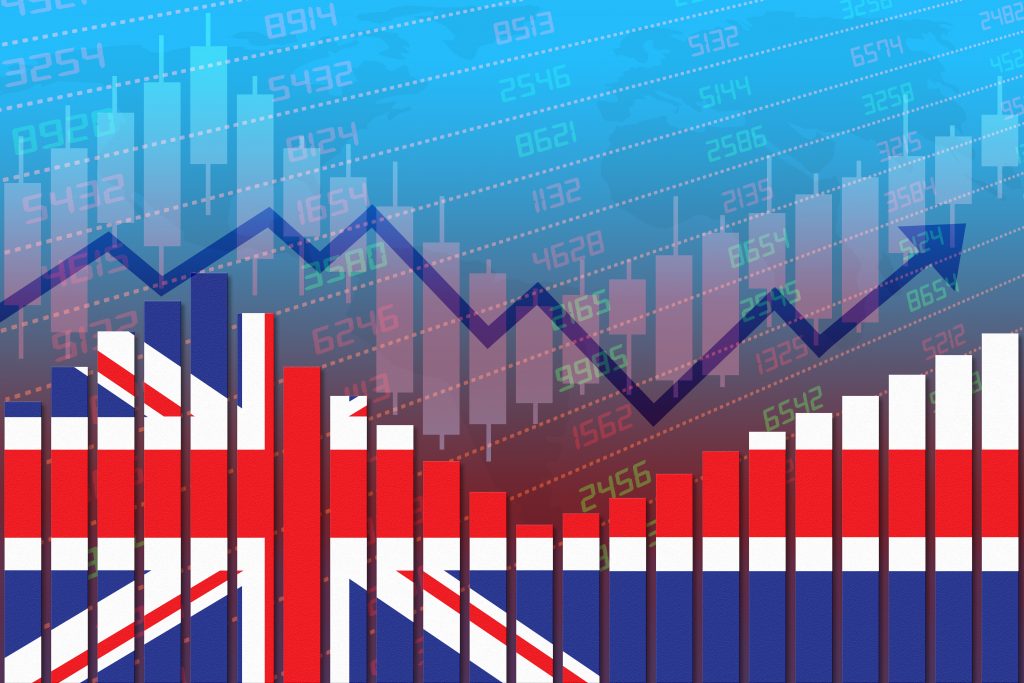
By David Lamb CFP™ MCSI
Figures from the Office of National Statistics show that the Consumer Price Index hit 4.2% in October, up significantly from the September figure of 3.1% and the highest for more than a decade.
Governor of the Bank of England Andrew Bailey admitted this was slightly above their predictions and suggested that CPI could be as high as 5% by the Spring and that the BoE is giving serious thought to increasing interest rates.
This would obviously not be good news for those with mortgages, but is it really good news for investors? Probably not.
Whilst many people will be keen to earn higher rates of interest on the deposit accounts, they need to consider the gap between the interest rates and inflation.
If deposit accounts are earning 1% and inflation is 4%, the real value (the purchasing power) of that money is going to reduce by 3%. And unlike suffering a 3% fall due to the volatility of the stock markets, this reduction is unlikely to recover.
Investors holding fixed interest investments such as government bonds (gilts) or corporate bonds are likely to see their capital fall in value as interest rates rise. Earlier this year, we recommended that all our clients switched out of fixed interest funds to avoid this risk.
Many people with pensions, ISAs and other Stock Market-based investments invest in funds that hold fixed interest securities as well as shares, often 60/40 in favour of shares.
This means that 40% of these funds are at the risk of going down. Unfortunately, fund managers can do little about this as the objectives of these funds state that they must hold asset classes in these proportions. Even if a fund manager thinks that fixed interest is a risk, they cannot sell.
If you hold these funds, you should speak to your adviser to consider switching out of the funds altogether.
What can you do to protect your savings and investments from increasing inflation?
For money that is likely to be needed in the short to medium term, you cannot really invest anywhere else other than deposit accounts so you should look to get the best rate of interest you can find.
A word of warning though! Do not attempt to get a higher rate of interest by opting to fix your interest for a longer period as you will effectively be locking your money into the current low rates of interest. At present, a variable rate is probably the best option.
Over the longer term, historically the best way to counter inflation is to invest in the Stock Market which, over the longer term, you would expect returns higher than inflation.
However, investing 100% of funds in the Stock Market will probably exceed most people’s investment risk tolerances, so you will probably be advised to invest in other asset classes to reduce the volatility.
Historically, fixed interest has been a good tool for dampening Stock Market volatility, but given the reasons outline above this may not be a good idea now.
So to sum up, my advice is to discuss your options with your adviser. We live in strange times.



